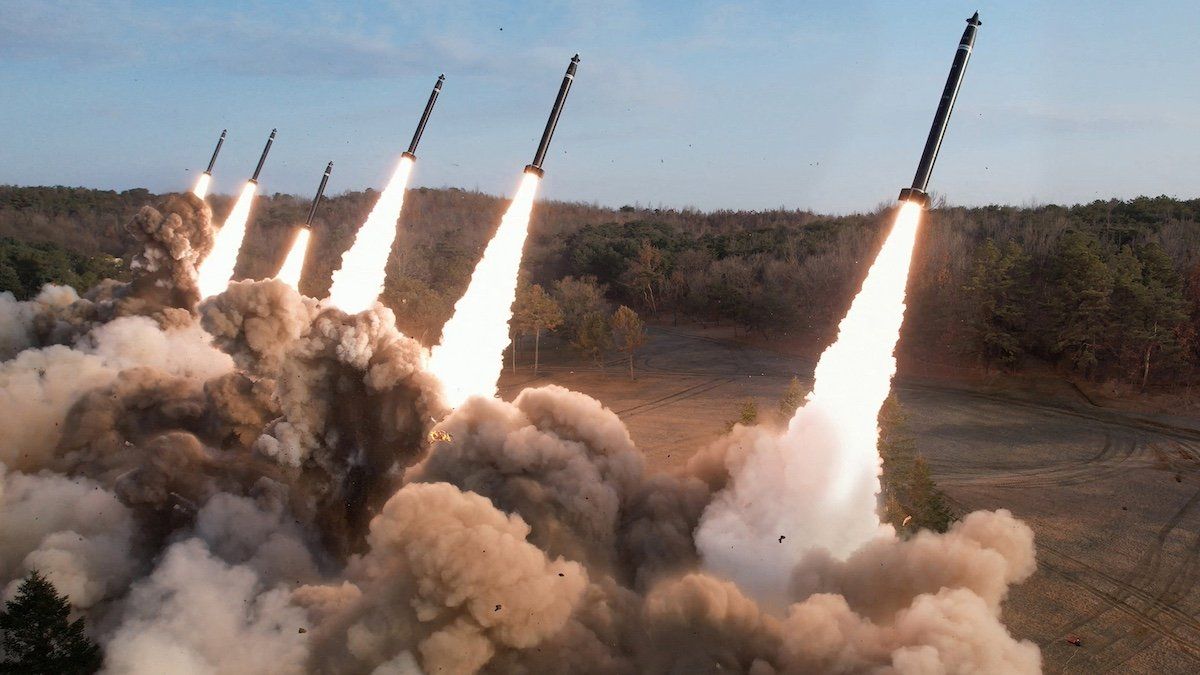186: Stop us if you’ve heard this one before: On Monday, North Korea responded to a visit to South Korea by US Secretary of State Antony Blinken by firing short-range ballistic missiles from Pyongyang an estimated 186 miles into the Sea of Japan. North Korea’s military has recently staged military maneuvers in response to annual US-South Korean joint drills.
8: Pakistan launched airstrikes on Monday on suspected hideouts of members of the Pakistani Taliban inside neighboring Afghanistan. Tensions are rising between Pakistan’s military and the Afghan Taliban, which claimed the attacks killed at least eight people.
292,000: A new report from the Institute for Public Policy Research argues that Prime Minister Rishi Sunak’s plan to move asylum-seekers from the UK to Rwanda while their claims are evaluated could cost the British taxpayer $292,000 per person. Compare that with about 70,000 per person if migrants were allowed to remain in the UK during that period.
317: The Bank of Japan ended eight years of negative interest rates on Tuesday, raising the interest rate from -0.1% to 0%-0.1%, its first hike in
17 years. The historic move, which shifts the focus away from reflating growth with monetary stimulus, follows significant wage increases by Japan’s major corporations and a rise in consumer prices. The BOJ does not anticipate further increases in the near-term.
10: At least 10 people were found dead Monday in the wealthy Petion-Ville suburb of Port-au-Prince, Haiti’s capital, victims of escalating gang violence amid political chaos following Prime Minister Ariel Henry’s resignation. Homes, a bank, and a gas station were attacked, and it remains unclear who was responsible. The violence has prompted increased border security by neighbors like the Dominican Republic and evacuations of US citizens.
